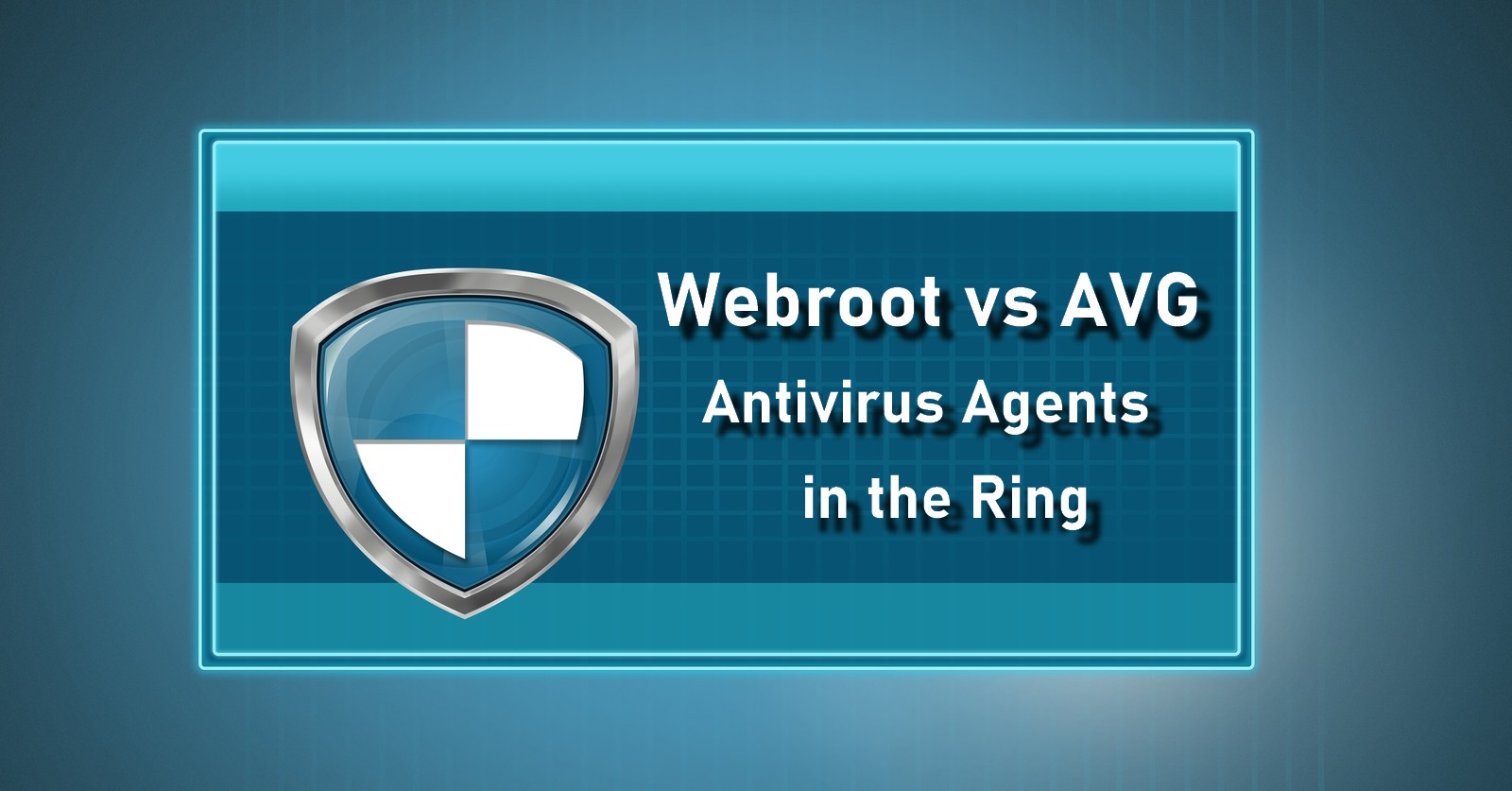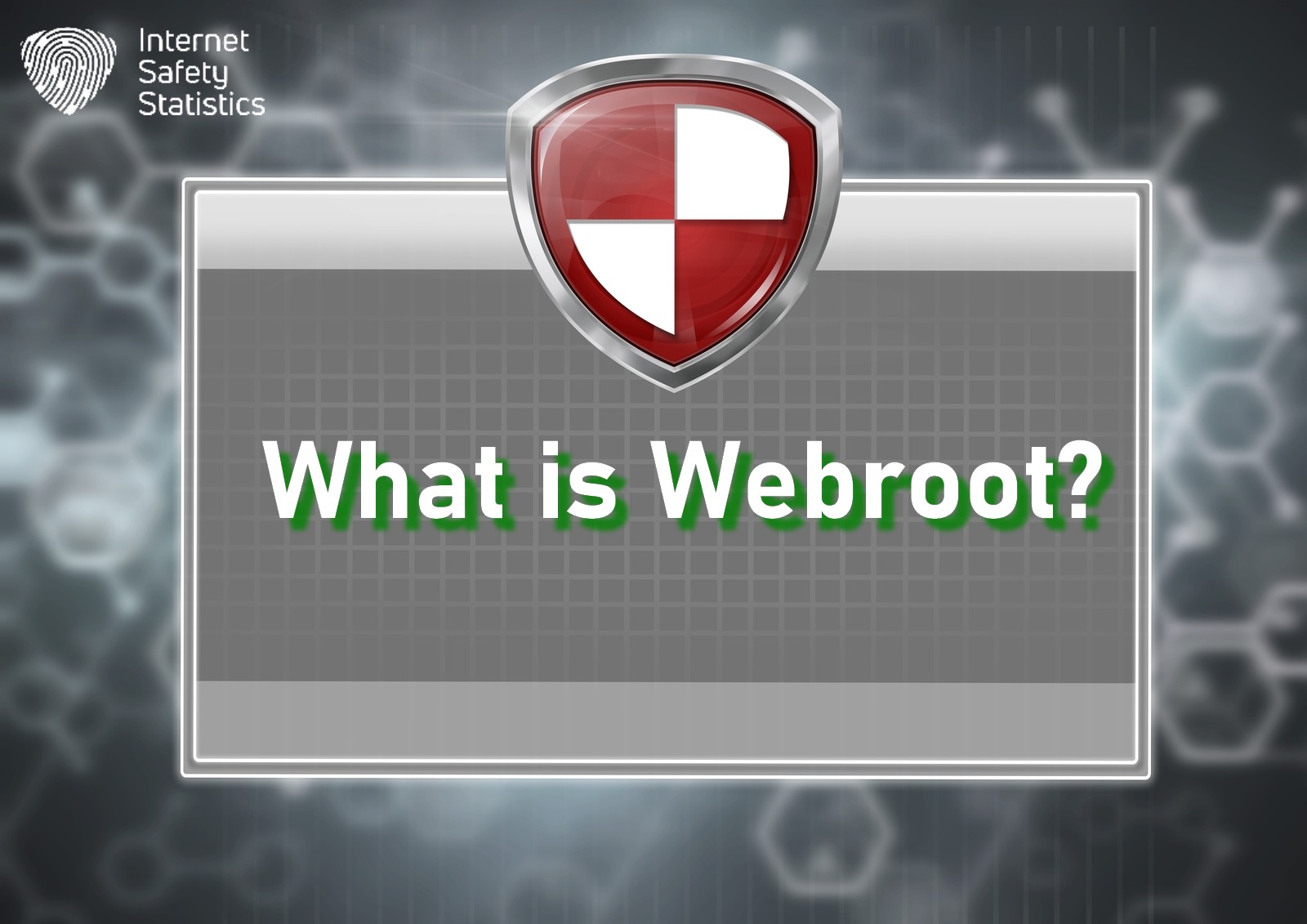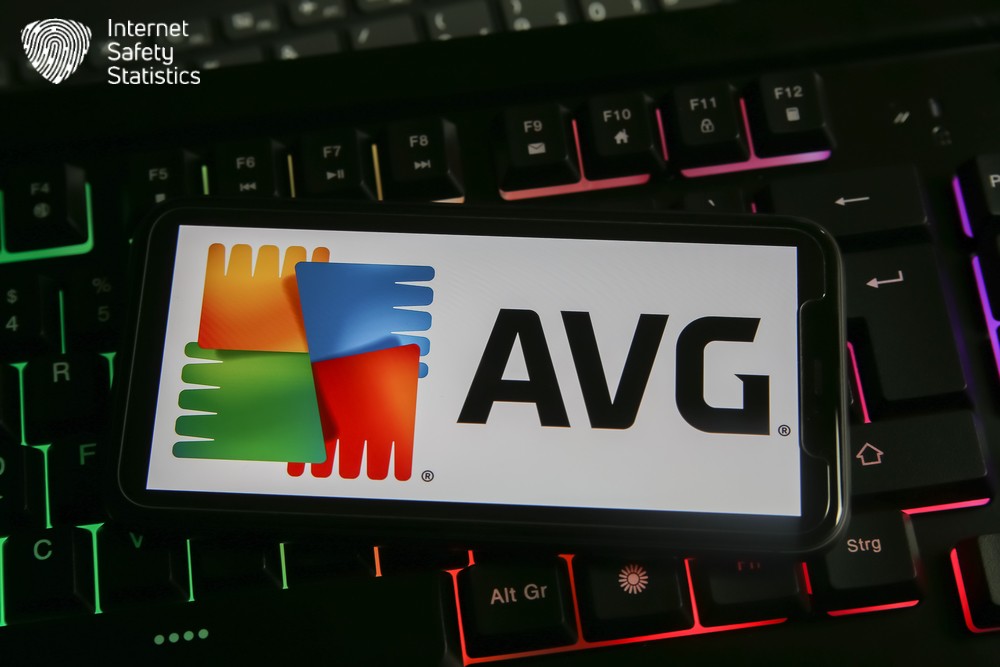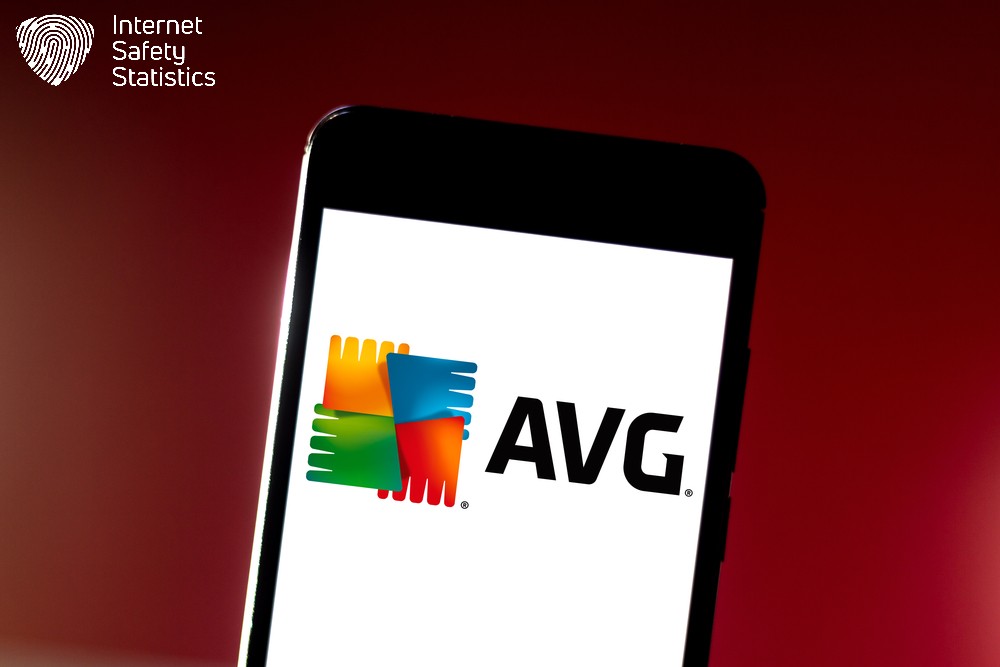
Choosing the right antivirus is like picking a champion in a gladiator match. Both Webroot and AVG are contenders, but who reigns supreme? These two antivirus agents have loyal customers who advocate for their beloved products. But, when tested, which antivirus agent will win the match? Let’s put Webroot vs AVG and break down their strengths and weaknesses to help you see which protection agent you should trust with your data.
What is Webroot?

Webroot is a cloud-based antivirus agent that is known for its numerous protective features and swift strikes against cybersecurity threats. This antivirus agent is one of the cybersecurity products offered by Webroot Inc., a cybersecurity products company based in the US. When you choose Webroot as your antivirus agent, you benefit from its strong features, such as quick scans, identity protection, a firewall, anti-phishing capabilities and protection against malware, ransomware, viruses and trojans.
What is AVG?
AVG Technologies is a subsidiary of Avast, which, in turn, produces its worldwide known antivirus agent, Avast Antivirus. AVG Antivirus is a feature-laden software that provides protection for all your devices that run the main operating systems, whether for desktops or smartphones. When you choose this antivirus agent as your guard, you choose a powerful agent in the face of malware, phishing and email protection. It gives you an overview of its sturdy features with its free version, but you get better protection as you upgrade your subscription.
Webroot vs AVG: May the Best Antivirus Agent Win
As we put our contenders to the test, we compile each software’s mantra and features and compare them with independent test results to verify these features and give you a neutral overview of each antivirus agent.
Features
This section will demonstrate the features of each antivirus agent in more detail to assist you in choosing the best protection agent to protect your data.
Webroot
Perhaps Webroot’s most renowned feature is that it’s cloud-based, which might take some impact from your device and search the cloud database for the latest threat intelligence. This feature ensures you’re always protected from the newest malware and doesn’t weigh down your system with massive databases or heavy processes. Webroot helps block malware, viruses and phishing attempts; the software constantly scans your activity and blocks any suspicious attempts in real time.
With Webroot, you also get a firewall, real-time anti-phishing and a network connection monitor. If you upgrade to further plans, you will get protection against ransomware, speedy scans, a web threat shield to block dangerous websites, tune-up utilities to increase your system’s performance, and dark web monitoring to detect any leaks of your personal information like passwords or credit card numbers. It also protects your financial information and identity monitoring, a reimbursement of $1M in fraud expense and $50K in stolen funds.
AVG

AVG’s free version offers basic protection against ransomware, email shields, and phishing protection and blocks viruses and malware. If you choose any of its paid plans, you get additional must-have features. These features include Network Security Verification protection against phishing and fake websites. More features include the AVG TuneUp feature to improve your system’s performance, a secure VPN and AVG AntiTrack.
More paid plan features include web and email protection, privacy and payment protection. The Ultimate paid plan offers you a device lock, battery profiles to customise your usage with battery performance, a startup optimiser, a smart photo cleaner to find and delete duplicate and low-quality photos, a browser and disk cleaner to rid you of unused junk files and automatic maintenance.
- Winner
Both antivirus agents offer incredible protection features, which calls for a tie!
Installation
Both Webroot and AVG boast quick and easy installation processes. We take a closer look at each of our contenders’ purchase and installation processes and compare the differences, if there are any.
Webroot
Webroot takes the lead in terms of speed, often taking just minutes to get up and running. The installation process has no complex configurations or lengthy wizards; it’s just a streamlined process that prepares your system to run with minimal fuss. As you check out your products, Webroot reminds you of its 70-day money-back guarantee and suggests possible add-ons.
AVG
AVG takes a little longer than Webroot to finalise your purchase and download the installation file. The additional steps or configuration options, like choosing specific features or customizing settings, will help tailor the software to your security needs. Despite this, AVG’s installation process remains straightforward and intuitive.
- Winner
We have a tie on our hands!
User-friendly Interface
The dashboards of our contenders have several similarities and multiple differences. We examine each side to bring you a clearer picture of which antivirus agent is more intuitive and easier to use.
Webroot
Webroot keeps things simple and clean with an intuitive, user-friendly interface that’s easy to navigate, even for tech novices. Its green interface is eye-appealing with its different and quiet-toned shades. All the tasks you need are neatly divided on the right-hand side of the dashboard, with an invitation to join Webroot’s online community taking up the majority of the bottom centre part of the dashboard.
AVG
AVG’s interface seems to have the same qualities as its contender’s interface. With metallic and dark grey shades and green font, it gives users the basic tasks they might need in the middle of its dashboard. The main difference between AVG’s interface and Webroot’s interface is that the former offers users more customisation options and detailed information. Users comfortable exploring settings and menus will find plenty to tailor to their preferences.
- Winner
A tie.
Protection
Each antivirus agent claims to offer good protection against malware. However, these allegations must be backed up by independent test results to preserve integrity.
Webroot
Webroot has the incredible feature of sandboxing, which allows you to securely test applications while avoiding their possible malicious implication on your device. This feature allows the software to monitor and analyse behavioural patterns to detect possibly malicious software. If the sandbox analysis detects a harmful application, it commands the Webroot software to take proper action to protect your data.
Unfortunately, there aren’t enough AV-Tests available for Webroot after the software’s test in 2020. This test shows the software scored a market average of 97.6% in real-world testing and detecting zero-day threats and 100% in detecting prevalent malware that was four weeks old. While the last Av-Comparatives test of Webroot was in 2012, there’s no data to back its alleged outstanding performance.
AVG
AVG’s effectiveness against malware is backed by its recent results in the September/October AV-Tests. These results show that it scored a market average of 99.2% in detecting zero-day threats and 100% in the AV-Test reference test, which tests the antivirus against recently discovered malware in the past four weeks. AVG proved successful in blocking possibly malicious actors from infecting your device as it also blocked malicious files hidden inside compressed files once they were unzipped. In the 2023 July/October cycle Av-Comparatives test, AVG scored 100% in the real-world protection test.
- Winner
AVG wins this round because of recent independent test results verifying its protection against malware.
Impact on System Performance
An antivirus agent’s impact on system performance allows users to continue using their device as the agent runs in the background or completely drains system resources and prevents any other tasks from launching.
Webroot
Webroot utilises 25% and 67% of CPU and Memory resources, respectively as it runs in the background without a running scan. These numbers increased to 31% and 78% during a quick system scan, which lasted for mere seconds. During Webroot’s 72-minute full system scan, it utilises 95% and 63% of CPU and Memory resources as it scans nearly 12,000 files. Unfortunately, no recent test results from the Av-Comparatives independent tests are available to give us insight into Webroot’s effect on system performance.
AVG
When the software runs in the background, it utilises 51% and 86% of CPU and memory resources, respectively. These percentages changed to 36% and 79% during a quick system scan, which lasted less than 30 seconds. In the full system scan hypothesis, AVG consumed 35% and 71% of CPU and Memory resources, which took 35 minutes to complete and scanned over 400,000 files, respectively. In the latest Av-Comparatives tests, which tested AVG’s performance in October 2023, the software scored ‘Very fast’ in all test categories and scored fast in the launching applications test.
- Winner
Due to Webroot’s insufficient independent test results, we choose AVG as the winner.
Pricing
Webroot doesn’t offer a free version of its security solutions but offers a trial period of fourteen days to help you make a decision. We will compare the two antivirus agents’ pricing here to decide which one offers the best value for money.
Webroot
Compared to its contenders, Webroot offers its customers numerous plans to choose from. The first plan is Webroot Antivirus for $23.99 to protect one device for the first year and renews at the original rate of $39.99. If you wish to add WiFi Security to your antivirus, you will pay a discount rate of $65.98 to protect three devices for the first year before renewing at $109.98. The second plan is the Internet Security Plus plan, which costs $35.99 to protect three devices for one year before renewing at $59.99. This package will cost $71.98 if you add WiFi Security to it.
The third security plan is Internet Security Complete, which costs $47.99 to protect five devices for the first year before renewing at $79.99. Adding the WiFi Security package to this plan will raise the cost to $95.98 for the first year. The last Webroot security plan is the newest, the Premium plan, which, in turn, includes two packages. The first Premium package is the Premium Virus plus Identity Protection for $77.99 to protect five devices and one identity for the first year. The second Premium package is the Premium and ID Family Protection for $149.99 to protect ten devices and ten identities for the first year.
AVG

AVG offers you three plans to choose from. The first plan is the free one, which gives you basic protection. The second plan is the Internet Security Unlimited plan, which costs $46.68 to protect one device for the first year and renews at the original rate of $77.99. This package will cost $59.88 to protect ten devices for the first year and renews at the original rate of $99.99.
The third plan is the AVG Ultimate plan, which costs $79.99 to protect ten devices for the first year before renewing at $139.99. It’s worth noting that AVG renews your subscription automatically unless you manually cancel it. Your purchase has a 30-day money-back guarantee so that you can test the software’s services freely.
- Winner
Webroot and AVG offer good paid plans to choose from. Comparing the prices, they seem close to each other, which is why we call this round another tie!
Compatible Operating Systems
Both Webroot and AVG play nice with all major operating systems, including Windows, macOS, Android, and iOS.
Webroot
All Webroot security products on its website support the Windows and macOS operating systems for desktops and Android and iOS operating systems for smartphones. If your Windows operating system is version 7, SP1, 8, 8.1, 10 or 11, and if your macOS is version 11 (Big Sur), 12 (Monterey) or 13 (Ventura), you will be able to download Webroot’s Antivirus. You will need Android versions 6 up to 10 and iOS 13.0 or higher to download Webroot Antivirus for mobile phones.
AVG
AVG supports all four main operating systems for desktops and smartphones. AVG Internet Security supports Windows versions 7, 8, 10 and 11, macOS 10.11 and above, Android 8.0 and above and iOS 14.0 and above. The free antivirus for Android supports versions 8.0 and above. We should mention that AVG supports various languages on all these operating systems except for macOS, which supports the English version only.
- Winner
We call this round a tie!
Customer Support
Both offer multiple support channels, including email, live chat, and phone support. However, user reviews often praise Webroot’s customer support as being more responsive and helpful.
Webroot
Suppose you need help with anything related to Webroot’s products. In that case, you can open an online ticket on its website, send the support team a message, search its massive and interactive database or join the discussion on the Webroot online community or its social media platforms. Speaking with a customer support representative is only available in the US, the UK, Ireland and Australia.
AVG
AVG’s customer support goes beyond offering customers help with its products; it offers customers help with general tech problems concerning operating systems and software setup, just to name a few. If you’re facing a problem concerning any of AVG’s products, you can choose any of these support methods to contact technical or customer support. You can complete an online form, send an AVG Support Chat request, or check the website’s FAQs or support community. Direct phone support for AVG customers is available only in the US, the UK and Australia.
- Winner
We call this round a tie for the versatility of customer support methods offered by each antivirus agent.
Let’s conclude our comparison here to announce the winner:
| Category | Webroot | AVG |
| Features | √ | √ |
| Installation | √ | √ |
| User-friendly Interface | √ | √ |
| Protection | √ | |
| Impact on System Performance | √ | |
| Pricing | √ | √ |
| Compatible Operating Systems | √ | √ |
| Customer Support | √ | √ |
| Winner | AVG | |
What is the final verdict?
The tests show that AVG passed Webroot on the list to become a solid and effective antivirus agent. Webroot remains a good antivirus. However, independent testing tests each software’s features to determine their effectiveness in facing real-life threats. Remember, there’s no single “best” antivirus. Consider your needs, budget, and preferences to crown the winner who protects your digital domain best.
